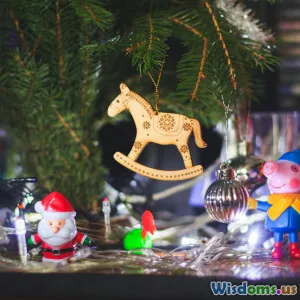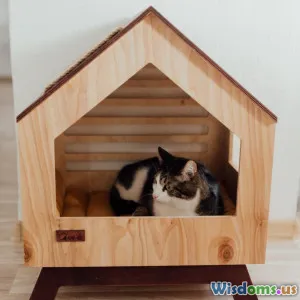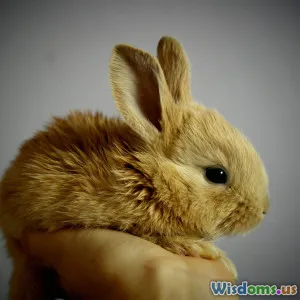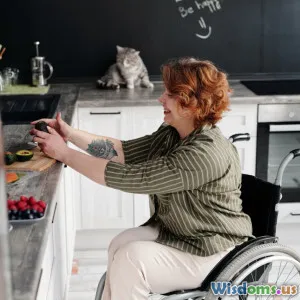
Can Kittens Eat Adult Cat Food Early Risks Explained
16 min read Discover if kittens can safely eat adult cat food, and learn about potential health risks and best practices for kitten nutrition. (0 Reviews)
Can Kittens Eat Adult Cat Food Early? Risks Explained
Few moments in pet ownership are as exciting—and as full of questions—as bringing home a kitten. From lively play to round-the-clock curiosity, kittens require special care, particularly when it comes to their diet. Cat owners sometimes wonder, out of convenience or uncertainty, if kittens can eat adult cat food if it’s available. This article explores the underlying nutritional science, risks, and best practices for feline nutrition as your kitten grows.
Why Kitten Nutrition Matters

Kittens are miniature balls of energy, constantly growing, playing, and developing. But behind that fluffy cuteness is a body requiring uniquely dense nutrition—very different from what adult cats need.
Extra Calories and Protein
While an adult cat needs a steady, balanced diet, kittens require nearly twice the calories per pound of body weight. This is because they:
- Grow rapidly: Most kittens double or triple their birthweight in the first few weeks.
- Build muscle and bones: Their bodies synthesize new muscle and bone tissue at an accelerated rate.
- Have immense energy needs: From dawn till dusk, kittens run, jump, and explore far more than their adult counterparts.
Compare Kitten vs. Adult Cat Food
Adult cat food is formulated with moderate protein and fat levels to maintain health and prevent obesity. Meanwhile, kitten food has:
- Elevated protein content (essential for tissue growth)
- Higher fat levels (supports rapid energy needs)
- Vital nutrients like DHA (an omega-3 fatty acid crucial for neural and retinal development), calcium, and phosphorus
Real Example: Feeding Schedules Matter
A veterinary case study shared by the American Association of Feline Practitioners shows that kittens fed exclusively on adult cat food from weaning often present with stunted growth and lethargy compared to those given proper kitten food.
Key Differences Between Kitten and Adult Cat Food
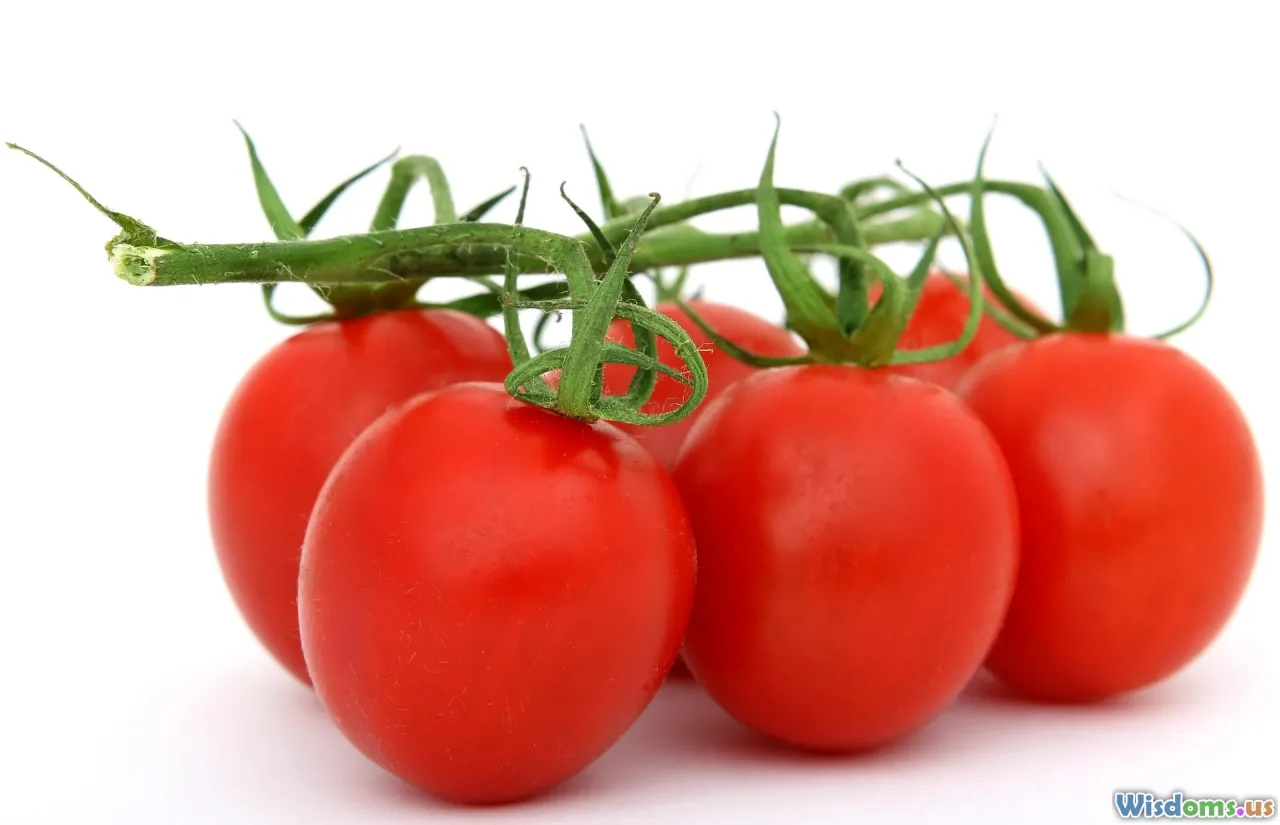
If you pick up a bag or can of each type at your local pet store, the difference is immediately clear: different age groups require very different diets.
Protein
- Kittens need 30–40% protein in their food to fuel muscle and organ development, while most adult cat foods offer closer to 25–30%.
Fat Content
- Fat provides more energy per calorie than protein or carbohydrates. Kitten-formulated foods contain up to 20% fat, tailored to budding metabolism. In contrast, adult cat foods often contain less to avoid unnecessary weight gain.
Vitamins and Minerals
Kittens need higher concentrations of important micronutrients:
- Calcium and phosphorus: Support strong bone and dental development
- DHA: Supports brain and eye development during the crucial early weeks
Moisture and Texture
While both kitten and adult foods come in wet and dry varieties, kittens—especially just after weaning—do better with softer, easy-to-chew food that helps avoid choking hazards and supports hydration.
Risks of Feeding Kittens Adult Cat Food
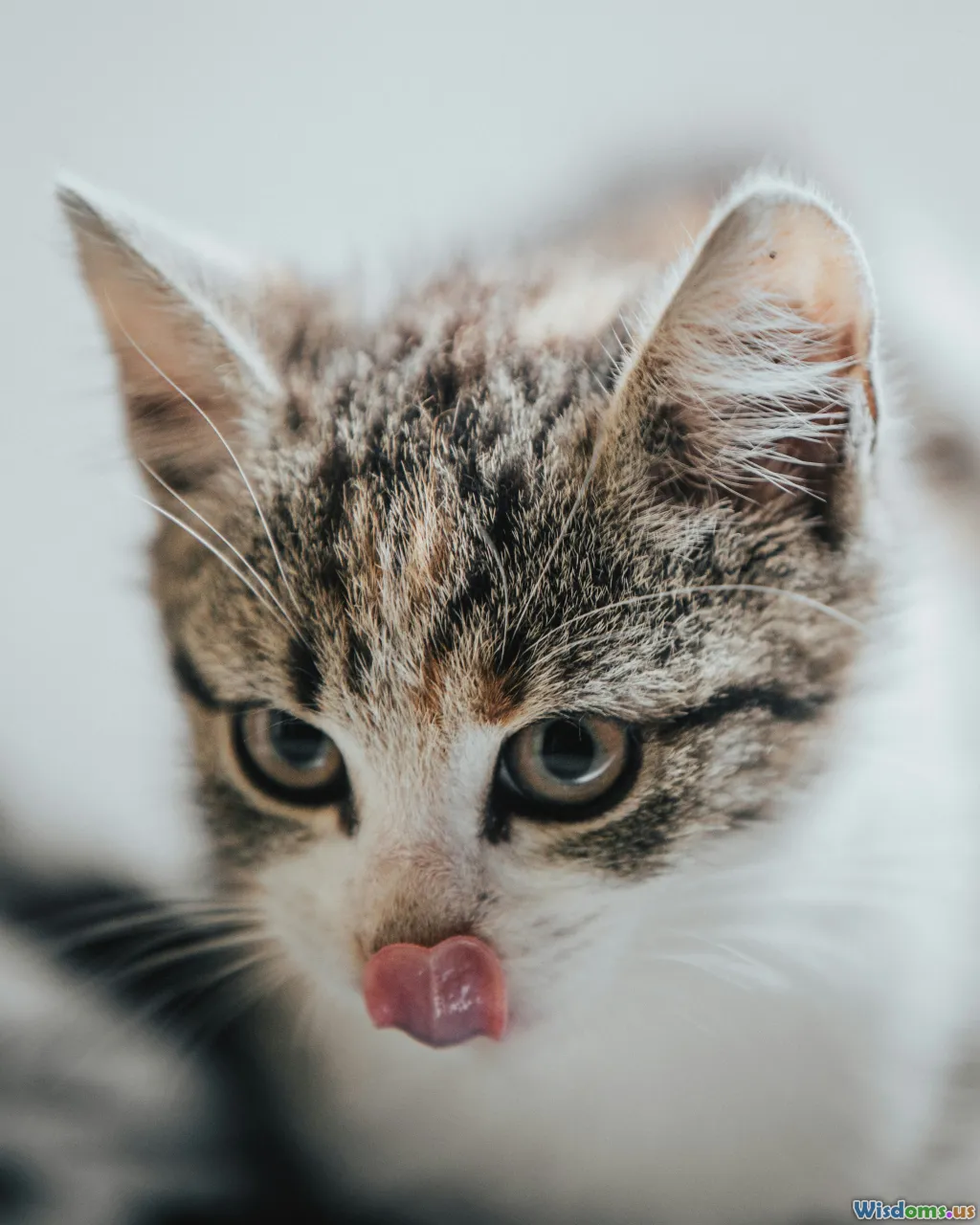
Feeding a kitten adult cat food too early is more than a simple dietary slip; it carries specific health risks.
Undernutrition and Growth Problems
Without sufficient protein, energy, and calcium:
- Growth is stalled. Kittens may not reach healthy adult size and can develop musculoskeletal deformities.
- Muscle wasting may occur, as their bodies break down tissue to meet energy demands.
Neurological Deficits
Lack of DHA and certain vitamins may result in poor cognitive and eye development, potentially leading to lifelong issues:
- Delayed learning and sluggish reflexes
- Trouble with coordination
Compromised Immune System
Kittens have underdeveloped immune systems and need robust nutrition. With protein and micronutrient deficiencies, they’re more susceptible to infections and illnesses such as upper respiratory diseases or parasitic infestations.
Real Case Example
A 10-week-old kitten at a shelter was mistakenly fed leftover adult cat food, resulting in poor growth and frequent gastrointestinal upsets. After switching to quality kitten food, its health normalized within weeks—a dramatic reminder of proper nutritional intervention.
When Can Kittens Safely Eat Adult Cat Food?
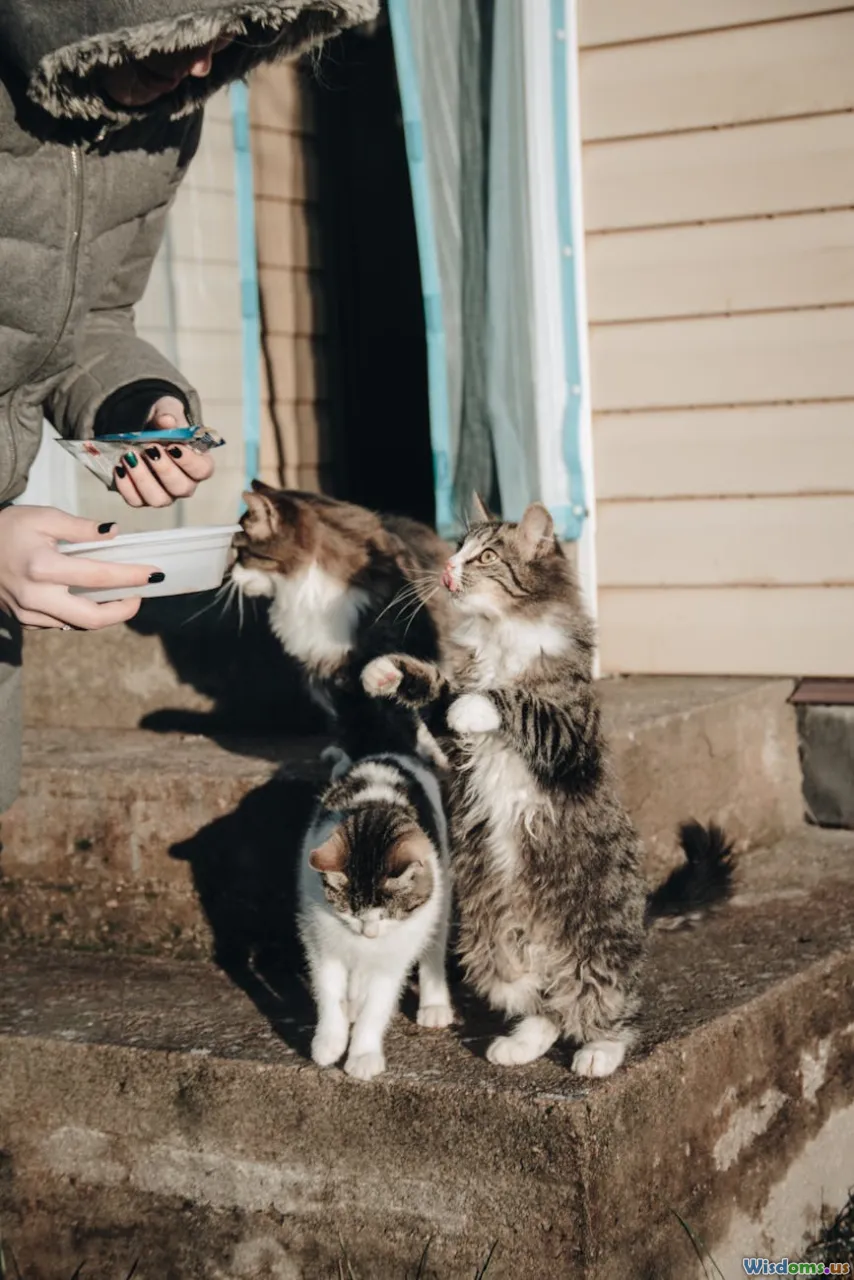
While exact timing can vary, most experts recommend transitioning kittens to adult food between 10 and 12 months old. Here’s why:
Developmental Milestones
- By 10–12 months, most breeds have reached about 90–95% of their adult size.
- Their bones, muscles, and immune systems are mature enough to thrive on leaner, less nutrient-dense food designed for adult maintenance rather than growth.
Exceptions
- Large breeds, like Maine Coons, take longer to mature and often need kitten food for 15–18 months.
- Consult your veterinarian, as early spay/neuter or underlying medical conditions can change dietary recommendations.
Transition Timeline
- Weeks 3–4: Begin supplementing mother’s milk or kitten formula with wet kitten food.
- Week 8: Fully wean from mother’s milk/formula to quality kitten food.
- 10–12 months: Transition gradually to adult food, blending old and new together for about a week to avoid digestive upsets.
Signs Your Kitten Isn’t Getting Proper Nutrition
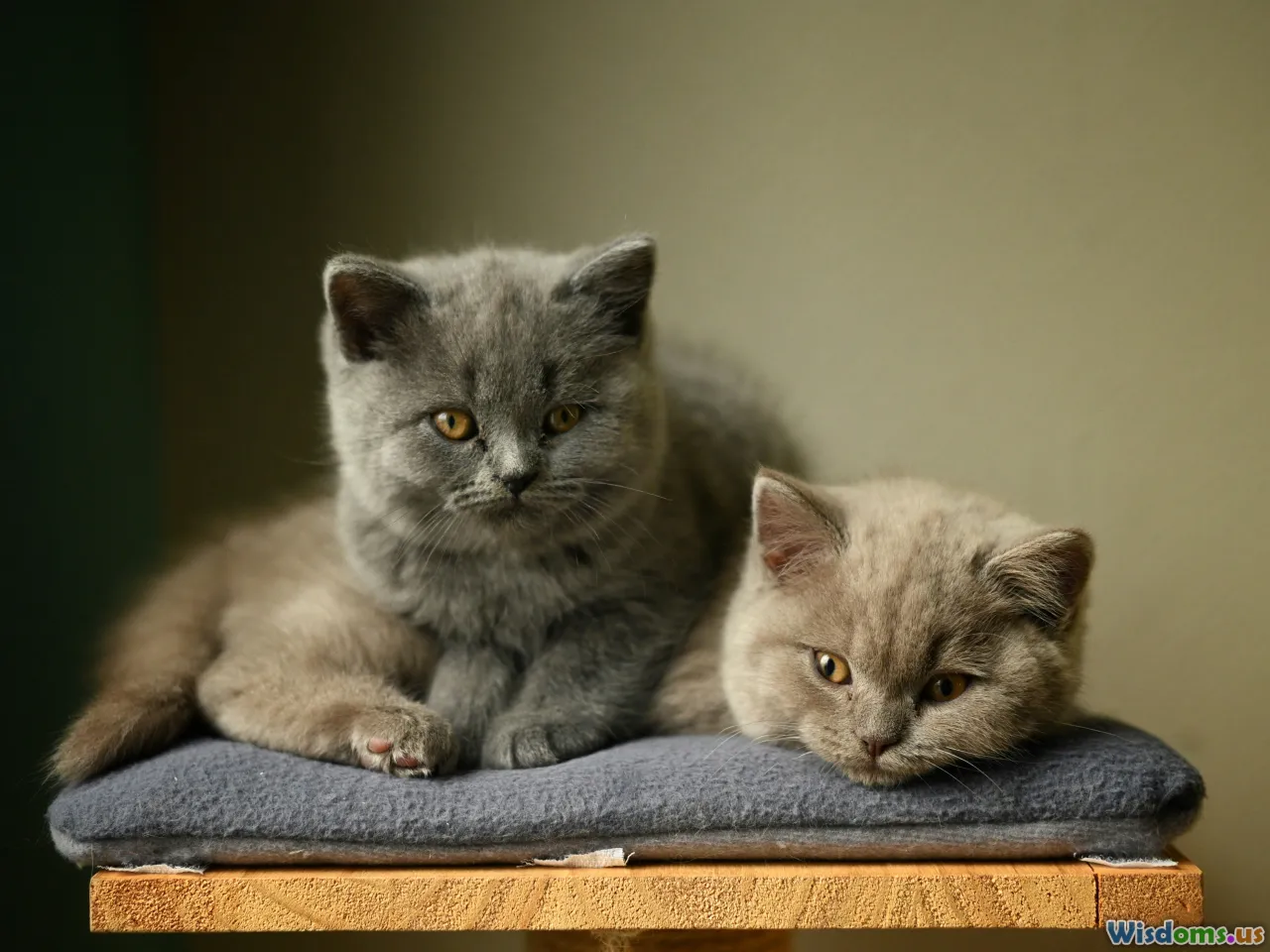
Whether accidental or not, kittens who eat adult cat food (or other inappropriate diets) often show warning signs. Watch for these signals:
Physical Symptoms
- Stunted growth: Excessively petite compared to littermates
- Poor coat condition: Dull, thin, or patchy fur
- Skeletal abnormalities: Bowing of the legs, delayed tooth eruption
Behavioral Cues
- Sluggishness or tiredness: Lack of play or curiosity is cause for concern
- Increased hunger: Persistent begging or eating non-food items may suggest nutrient deficiencies
Health Consequences
These issues can compound. For example, inadequate immune support can mean chronic respiratory or digestive illnesses. In severe cases, nutritional neglect can have lifelong impacts, including heart problems or susceptibility to infections.
Choosing the Right Kitten Food: Tips for Pet Parents

Walking through the pet food aisle or shopping online, you’ll see hundreds of options. Here’s how to pick what’s best:
Look for “Complete and Balanced” Labels
In most countries, pet food must pass regulatory standards. The Association of American Feed Control Officials (AAFCO) requires brands to state on packaging if they are formulated to meet the needs of kittens (“growth”) or adults (“maintenance”).
- Choose products that explicitly state "for growth and reproduction" or "for all life stages" if feeding a kitten.
Ingredient Quality Matters
- Look for high-quality animal proteins (like chicken, turkey, or fish) as the first ingredient.
- Avoid unnecessary fillers, artificial colors, or by-products when possible.
Invest in Reputable Brands
Brands recognized by veterinarians and feline nutritionists include Hill’s Science Diet, Royal Canin, Purina Pro Plan, and Iams. While not always required, consulting your vet on brand and product selection is a good idea.
Consideration for Special Needs
Some kittens may require special formulas (grain-free, hypoallergenic, or sensitive stomach) due to allergies or digestive concerns. Always consult your vet for tailored advice.
Common Myths About Kitten Feeding

When it comes to caring for kittens, misconceptions abound. Let’s clear up a few of the most persistent myths.
Myth 1: "All Dry Cat Food Is the Same"
Reality: Kitten kibble is smaller and designed for easy chewing, and is formulated with higher energy density than adult formulas.
Myth 2: "A Bite of Adult Food Won’t Hurt"
A few nibbles won’t cause lasting damage, but consistent feeding of adult food can result in cumulative nutrient deficiencies over several weeks.
Myth 3: "Homemade Diets Are Always Best"
Feeding homemade food without strict veterinary guidance can be risky. Most home recipes lack the micronutrient balance (like taurine, calcium, and vitamin D) needed by young kittens.
Myth 4: "Cats Should Eat the Same Way as Dogs"
Never! Unlike dogs, cats are “obligate carnivores” and have unique requirements, like taurine, which aren’t present in sufficient quantities in generic pet food or home-cooked diets.
How to Safely Transition Your Kitten’s Diet
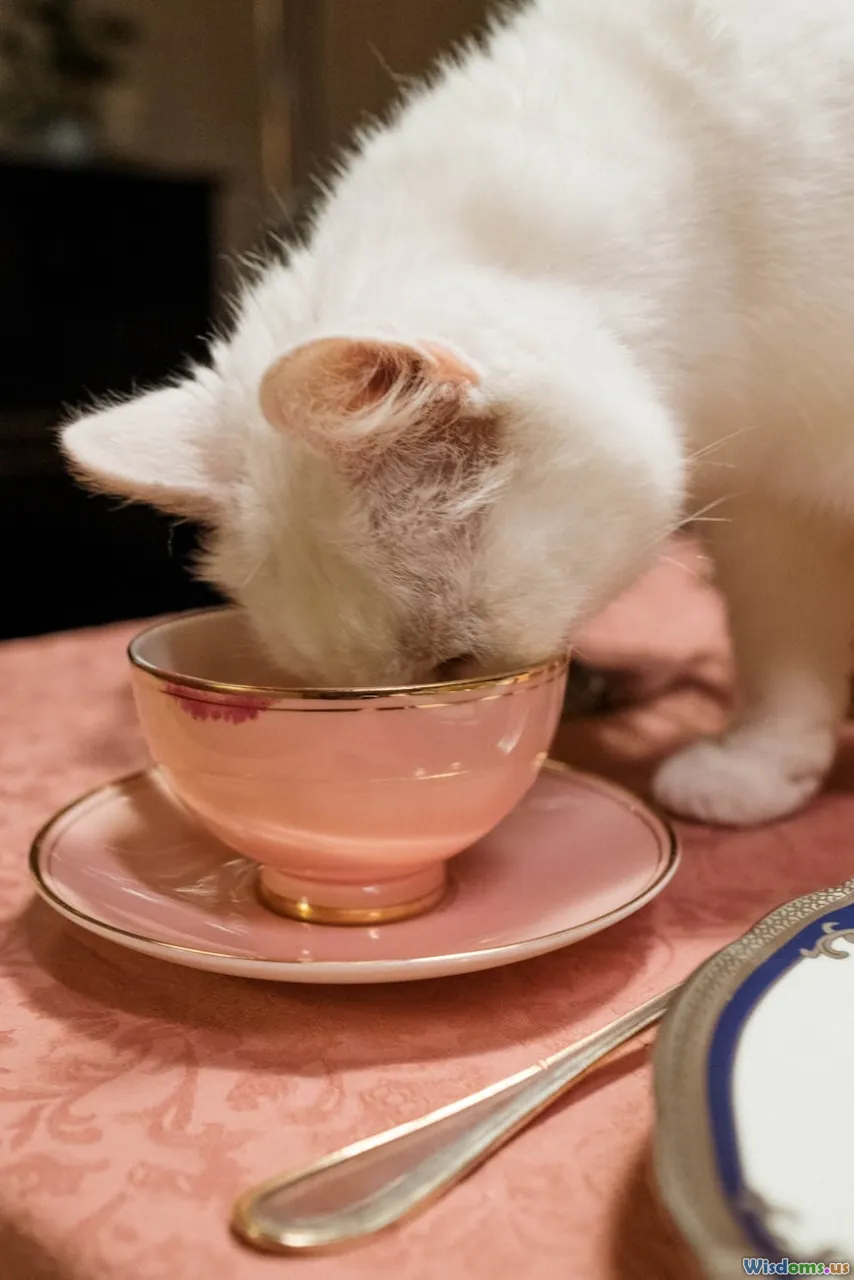
If your kitten is accidentally exposed to adult cat food or needs to be transitioned for age or health reasons, follow these steps to protect their well-being:
Step-by-Step Guide
- Plan a gradual change: Mix a small portion of new food with old, increasing the new food by 10–20% daily over a week.
- Monitor for signs of GI upset: Vomiting, diarrhea, or refusal to eat mean you should slow down or consult your veterinarian.
- Keep meals consistent: Feed at the same times daily for routine and security.
- Provide ample water: Good hydration is crucial, especially when changing diets.
In rare cases, such as allergies, vet-prescribed diets are the only exception to normal kitten food.
Real-Life Scenarios and Owner Insights
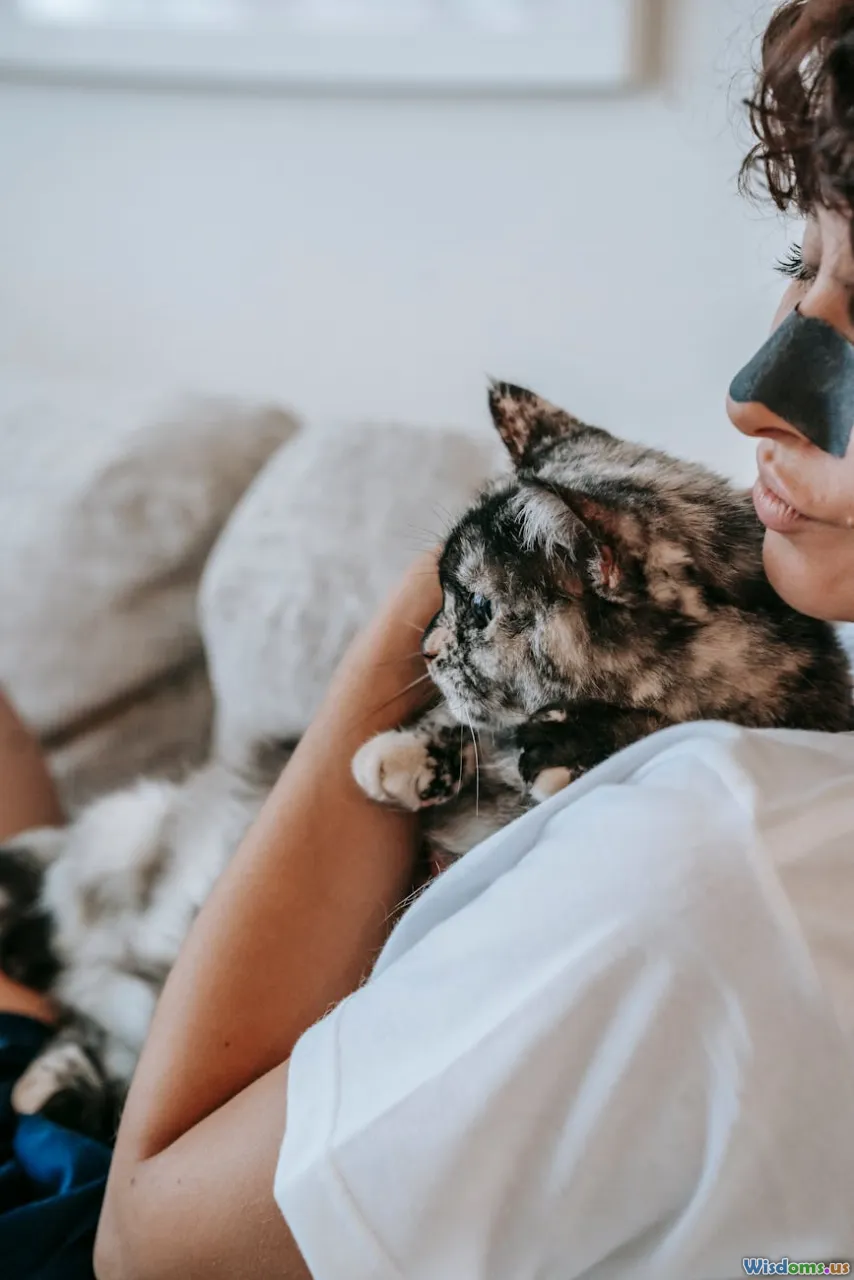
Case 1: Sarah adopted Milo, an 8-week-old who promptly found Sarah’s older cat’s adult food. Over a few days Milo’s energy slumped and his coat dulled. After a visit to the vet, switching Milo exclusively to kitten food saw swift improvement in health and playfulness.
Case 2: Mark, a first-time cat owner, ran out of kitten food for two days and gave his 5-month-old Suki only adult kibble. While Suki was unharmed for that brief period, Mark vowed to keep stocked up—especially after his vet explained the cumulative risks of longer-term feeding mistakes.
Owners frequently cite confusion due to unclear packaging. Always check for “kitten,” “growth,” or “all life stages” statements when buying pet food, and remember: kitten nutritional needs truly are non-negotiable.
Veterinarian Advice: Why Guidelines Exist
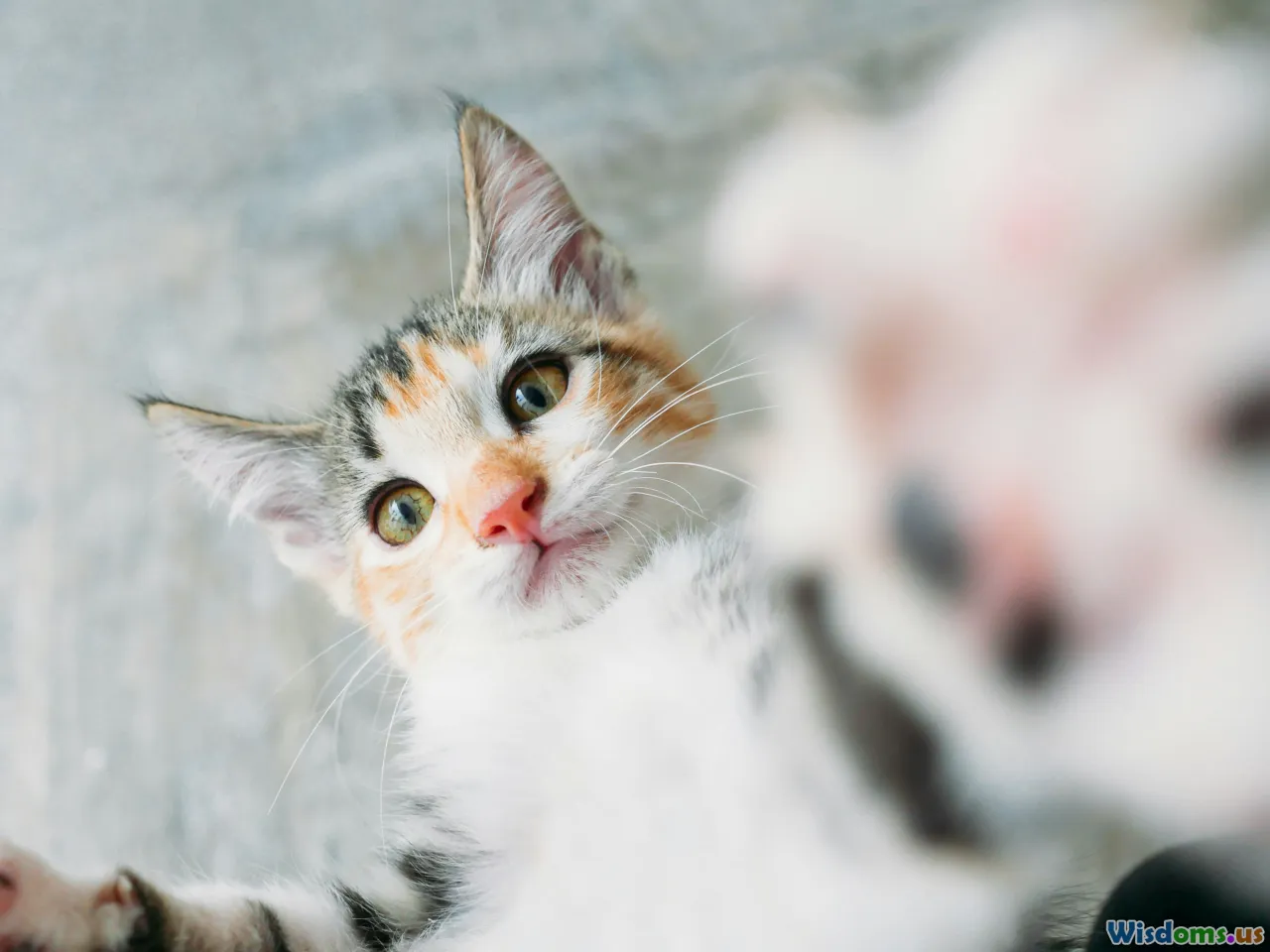
Veterinarians stress that life-stage-appropriate feeding is a cornerstone of feline health. Dr. Megan Jones, DVM, summarizes: “A kitten’s earliest months set the stage for a lifetime. Nutritional missteps—especially in the first 6–9 months—are hard to undo later. It’s not just about calories, but about supplying precisely what’s needed for development.”
Ready Resources
- Consult your vet: Especially for breed-specific growth rates or medical concerns
- Refer to credible sources: Sites like the American Association of Feline Practitioners and the Cornell Feline Health Center feature detailed kitten-care articles.
- Scheduled wellness visits: Follow up with a veterinarian every 1–2 months during the first year to track development.
Final Thoughts: Setting Your Kitten Up for Success
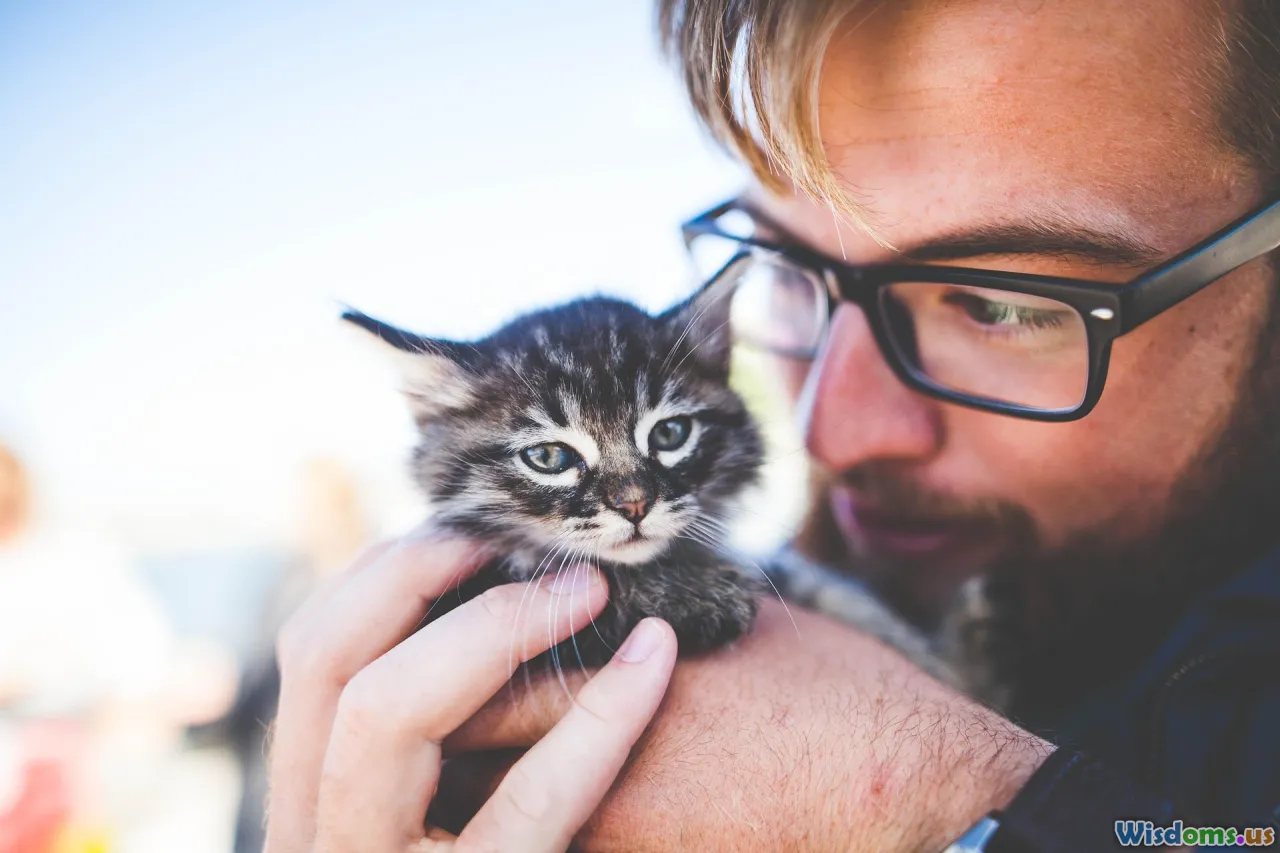
Growing up healthy isn’t just a matter of genetics—nutrition during the first year makes all the difference. While your kitten may sneak an occasional bite from its older sibling’s bowl, a consistent, balanced, kitten-appropriate diet is absolutely essential. This ensures robust development, keen reflexes, and a joyful, active companion for years to come. When in doubt, always opt for guidance from trusted veterinary professionals—and marvel as your tiny feline flourishes into a healthy adult cat.
Rate the Post
User Reviews
Other posts in Cat Care & Breeds
Popular Posts













